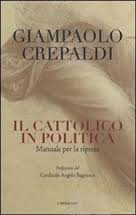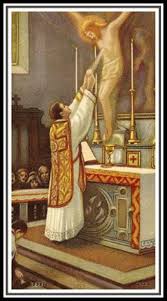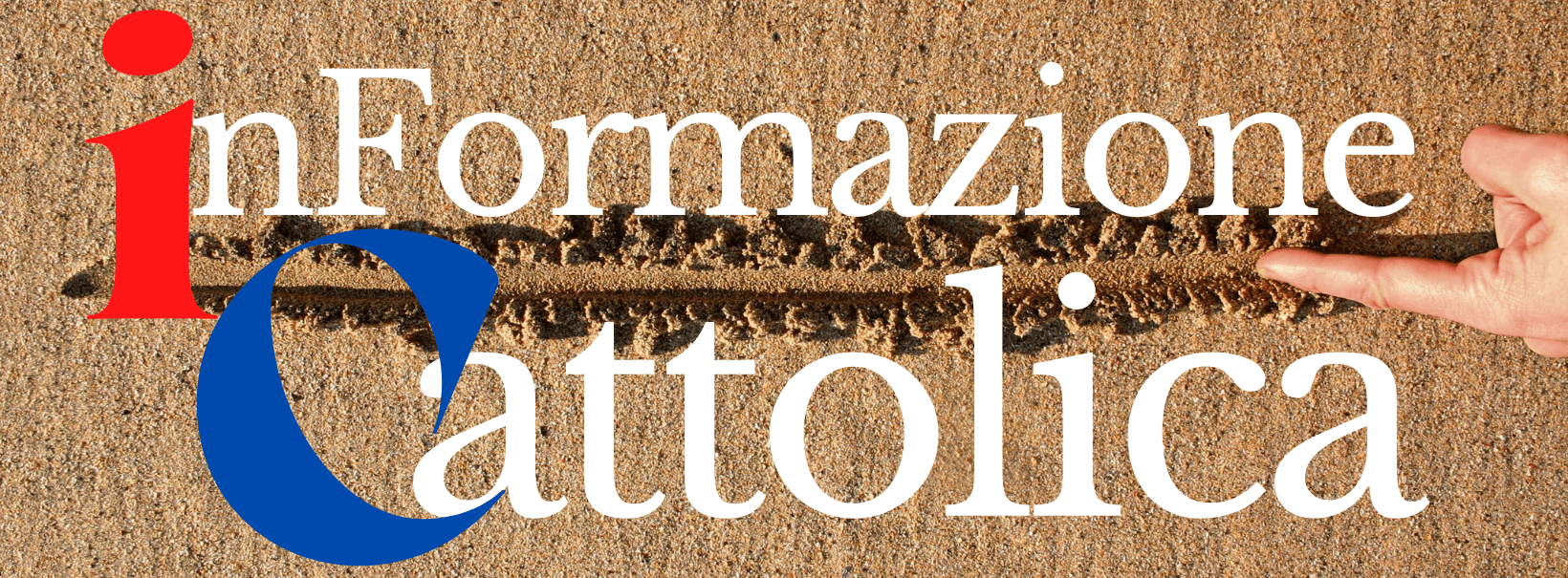 Osservatorio Internazionale cardinale Van Thuan
Osservatorio Internazionale cardinale Van ThuanThe aim of Catholics in politics is to open a place for God in the world. “Catholics in Politics” by Archbishop Giampaolo Crepaldi. Second and expanded edition of a successful book that made people think and exchange views.
Stefano Fontana
The Introduction is to be considered akin to an essay dedicated to these non negotiable principles. The author tackles the main objections to the first edition of his book, which were brought to his attention in reviews of it and also voiced during numerous presentations of the book to the general public.
Most of the critical observations had to do with the non negotiable principles, the true stumbling block for Catholic culture today and sign of contradiction. As indicated above, this Introduction proves to be a true essay on this theme and it is to be hoped that Most. Rev. Crepaldi could further develop his line of reasoning by dedicating an entire book to these non negotiable principles
Then again, why did criticism concentrate mostly on this point? Most Rev. Crepaldi feels this is due to the fact that many are the misunderstandings and aspects to be clarified as far as non negotiable principles are concerned. The first of these has to do with considering them ‘values’ and not ‘principles’. Certainly, they are values as well: life, the family and freedom of education are great values indeed. But they aren’t just values; they are principles, beacons, criteria, orientations.
They aren’t just individual and very important themes or issues, but indicate an architecture of society, provide priorities, and express requests to be applied in many areas of political or administrative action. The fact that they are present or not on a political agenda is not of thematic importance alone in the sense of one or more points missing or not; it is of strategic importance because missing or not is the correct orientation.
Without taking anything away from the bioethical significance of the themes of life or the family, Most Rev. Crepaldi nonetheless argues that the defence of life and the family has broad-reaching social significance, having to do with housing, taxation, education, welfare, youth development policies, etc. They are therefore not specific themes as such, but overall perspectives regarding the development of society.
This is a point of capital importance, explains the author, because those who refer to the non negotiable principles are often accused of not having an overall political vision and advancing single requests regarding the issue of abortion, recognition of same sex couples or other specific themes.
This is not the way it stands at all, however, if we consider the non negotiable principles not as individual items on the political agenda, but rather as general orientations with repercussions on all the aspects of social and political life. Without keeping them in mind there will be a general impoverishment of our community life.
Archbishop Crepaldi knows very well that a hard fought battle is underway on these issues. And he is well aware that reason for this is theological and not just political. The importance of the non negotiable principles is due to their linkage with “nature”, and in particular “human nature”.
Whoever denies or underestimates them opens the door to the progressive disintegration of the concept of human nature. It is not just a matter of a different vision of man. It is a matter of preventing or permitting the relationship with the Creator. This is why it is a theological issue and not just a political one. Whoever denies the non negotiable principles does not want there to be any place in the world for God: whoever affirms and defends them wages battle for there to be a place for God in the world. The confrontation is underway at the loftiest levels
This new edition therefore concentrates on the non negotiable principles, but must not induce readers to lose sight of the articulated structure of the book itself, divided as it is into ten chapters devoted to the Principles and the remaining ten chapters dedicated to the Contents.
The language is clear, the examples eloquent, and the tone engaging. In this book a Catholic active in the political sphere can find a complete picture for better defining his/her endeavour according to the vision of the Church and that of upright reason.




